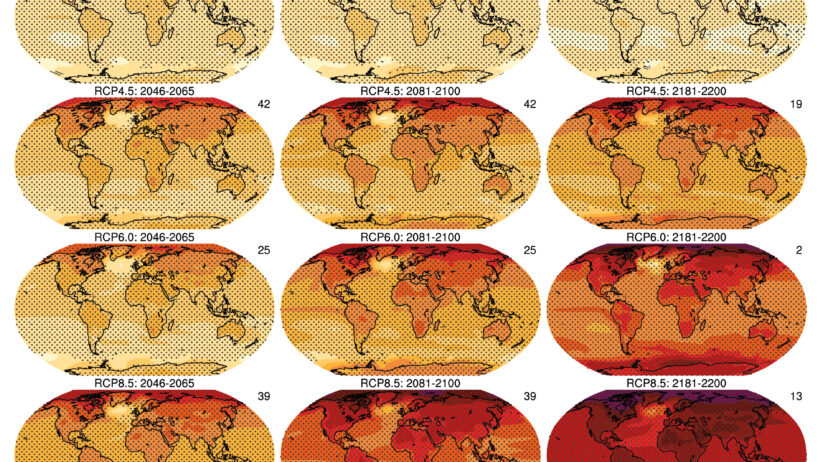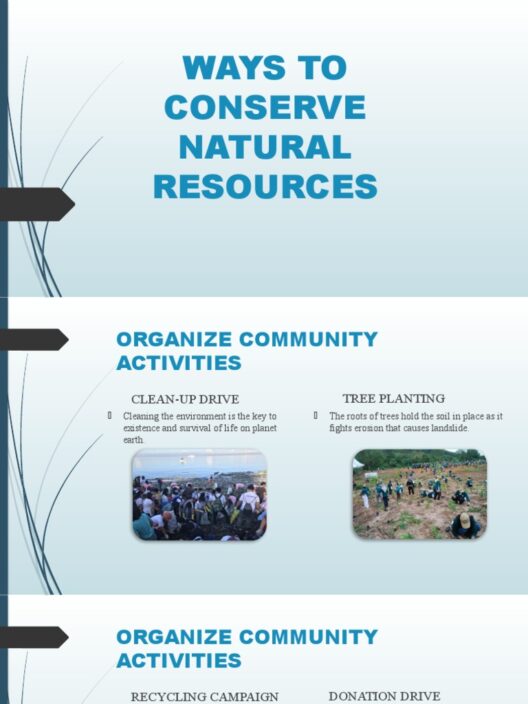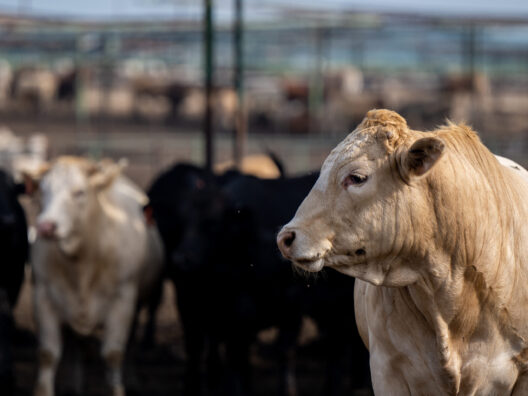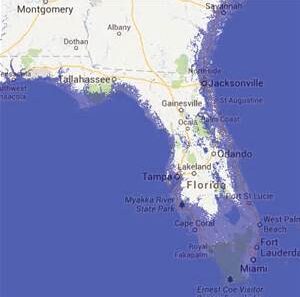Indonesia, an archipelago consisting of over 17,000 islands, is on the frontline of climate change consequences. Its geographical uniqueness contributes to its diverse ecosystems and rich biodiversity, making it an essential area for global ecological health. However, the rising temperatures and erratic weather patterns now observed in Indonesia pose significant challenges, revealing a future that is increasingly uncertain and threatening both human and environmental well-being.
As the impacts of climate change become more pronounced, one observation stands out: the palpable increase in ambient temperatures across the Indonesian archipelago. Average annual temperatures in regions such as Sumatra, Java, and Kalimantan have risen markedly over the past few decades. These rising temperatures hint at the underlying complexities of climatological shifts. Factors such as deforestation, urbanization, and industrial activities not only exacerbate heat retention but also contribute to altered precipitation patterns detrimental to agriculture and water resources.
The allure of Indonesia lies not solely in its natural beauty but also in its vibrant cultural heritage. Yet, the warming climate threatens this cultural tapestry. Many indigenous communities rely on stable weather patterns for agriculture, fishing, and their very survival. The degradation of their environments due to climate shifts leads to food insecurity. For example, the rising sea levels, primarily caused by the melting ice caps, encroach upon the coastal regions, jeopardizing countless livelihoods. This phenomenon is not merely a climatic concern, but a cultural crisis affecting the very essence of community identity.
In addition to sea-level rise, Indonesia grapples with exacerbated weather phenomena, including increased frequency and intensity of droughts and flooding. The El Niño and La Niña oscillations, which bring unpredictable weather patterns to the region, are becoming more pronounced. In periods of severe drought, agricultural yields plummet, leaving farmers vulnerable and exacerbating the precarious situation regarding food supply. Conversely, heavy rains can lead to catastrophic flooding, displacing thousands and disrupting communities. Such cyclical climatic extremes create a paradox, wherein the quest for stability in agriculture continually faces relentless challenges.
Furthermore, the impacts of climate change extend beyond natural phenomena into public health domains. Rising temperatures can accelerate the transmission of vector-borne diseases like dengue fever and malaria. The increasing incidence of heatwaves and fluctuations in rainfall create optimal conditions for mosquitoes to thrive. Health systems, particularly in economically disadvantaged areas, may struggle to cope with the added strain on healthcare resources. The interplay of climate, health, and socio-economic factors indicates a complex web where solutions require holistic approaches.
Moreover, Indonesia finds itself at the intersection of climate change and biodiversity loss. The rich tropical rainforests, home to thousands of unique species, are increasingly endangered due to both climate change and rampant deforestation driven largely by palm oil production and illegal logging. These forests not only serve as a carbon sink but also maintain biodiversity essential for ecological resilience. The loss of such ecosystems could have cascading effects on climate regulation, further compounding the warming crisis.
Interestingly, while Indonesia faces dire consequences, it could also emerge as a pivotal player in global climate change mitigation. The nation is rich in natural resources and possesses vast potential for renewable energy, particularly geothermal, solar, and wind. Harnessing these resources can reduce the dependency on fossil fuels, cutting down greenhouse gas emissions significantly. Initiatives to promote sustainable practices in agriculture, bolster reforestation efforts, and enhance public awareness about climate change are paramount. These multifaceted strategies can pivot the country toward a more sustainable future while simultaneously addressing the warming climate.
However, addressing climate change in Indonesia is not solely a governmental responsibility; local communities, non-governmental organizations, and international entities must work collaboratively. Empowering local communities through education, access to clean technology, and sustainable practices will create a baseline for resilience against climate impacts. The inevitability of climate change demands that all stakeholders engage in discourse and action that respects the rich tapestry of Indonesian culture while safeguarding its natural environment.
In conclusion, Indonesia’s warming climate presents a myriad of challenges that will shape its future. The rising temperatures, shifting weather patterns, public health threats, and biodiversity loss paint a stark picture. Yet, within this adversity lies the potential for transformation. By leveraging natural resources sensibly, fostering community engagement, and adopting sustainable practices, Indonesia can counteract some of the effects of climate change. Embracing this challenge can lead to innovative solutions, ensuring both environmental and cultural preservation amidst an ever-warming world. In navigating this complex landscape, Indonesia has the opportunity to illuminate pathways that may resonate globally, offering a blueprint for resilience against climate change’s inevitable advance.








